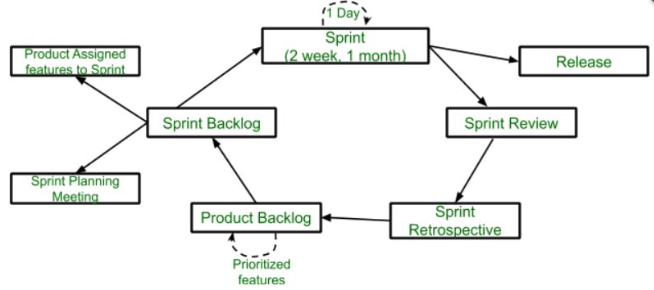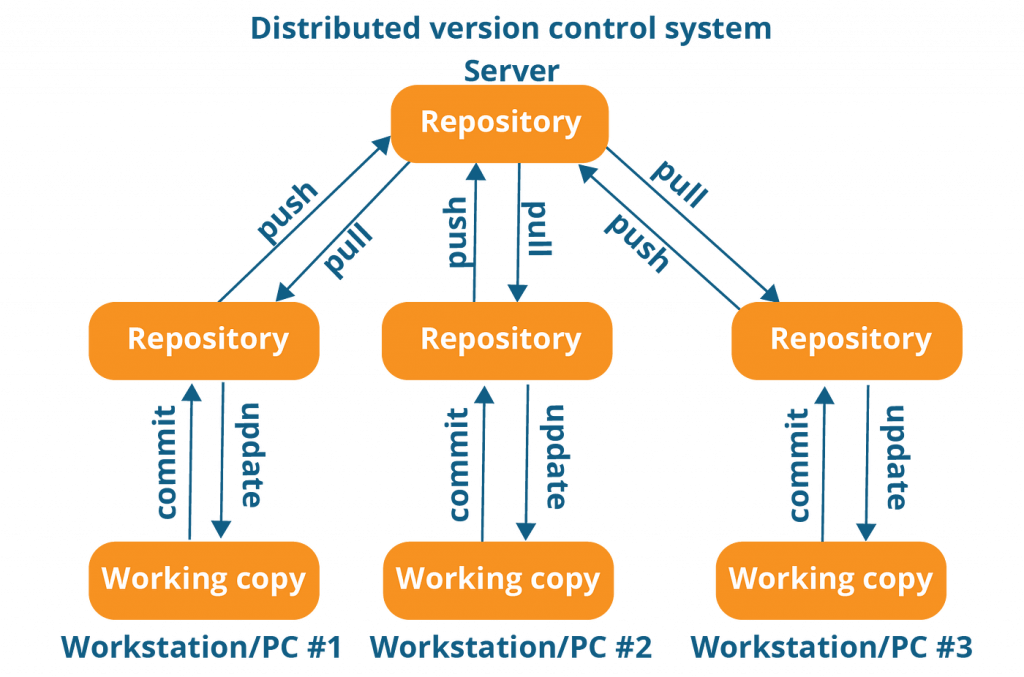
- Core Programming Languages (Java, Python, C++)
- Problem-Solving and Algorithms
- Software Development Methodologies (Agile, Scrum)
- Database Management and SQL
- Version Control Systems (Git)
- Testing and Debugging Skills
- Web Development Technologies (HTML, CSS, JavaScript)
- Software Design Patterns
- Conclusion
Core Programming Languages (Java, Python, C++)
Proficiency in programming languages is the cornerstone of software engineering. Languages like Java, Python, and C++ are foundational in the industry and are used for various applications, from web development to machine learning and system-level programming. Known for its portability across platforms, Java is heavily used in enterprise applications, Android development, and large-scale systems. Popular for its readability and simplicity, Web Designing and Development Courses is a go-to language for data science, scripting, automation, and web development. A powerful, high-performance language widely used in system/software development, game development, and applications requiring real-time processing. Mastering these languages helps engineers write efficient, maintainable, and scalable code. Understanding object-oriented programming (OOP) concepts is essential since these languages support OOP paradigms.
Problem-Solving and Algorithms
A Software Engineer Skills daily job involves tackling complex problems and finding optimal solutions. Problem-solving skills are deeply tied to knowledge of algorithms and data structures. These concepts form the backbone of Django vs Node.js design and development. Key areas include: Searching and Sorting Algorithms Binary search, quicksort, mergesort. Data Structures Arrays, linked lists, trees, hash maps, stacks, queues, graphs. Algorithmic Techniques: Dynamic programming, greedy algorithms, recursion, backtracking. Proficiency in these areas is crucial not just for technical interviews but also for developing efficient software. Engineers must be able to analyze time and space complexity (Big O notation) to write optimized code.
Master Web Development skills by enrolling in this Web Developer Certification Courses today.
Software Development Methodologies (Agile, Scrum)
Understanding software development methodologies is essential for working efficiently in teams and delivering products on time.
- Agile: Agile promotes iterative development, Front-End Developer Salary in India feedback, and collaboration. It’s ideal for environments that require flexibility and rapid adaptation to change.
- Scrum: A popular Agile framework where work is divided into small, manageable units called sprints. Roles like Scrum Master and Product Owner help organize tasks and ensure smooth progress.
- SQL (Structured Query Language): The standard language for querying and managing relational Database Management like Web Developer Certification Courses, PostgreSQL, and Microsoft SQL Server.
- Database Design: Understanding how to structure data, normalize databases, and maintain data integrity.
- NoSQL Databases: Tools like MongoDB and Cassandra are essential for applications requiring flexible schemas, scalability, or high-performance access to unstructured data.
- Unit Testing: Testing individual components or functions (e.g., using JUnit, PyTest).
- Integration Testing: Verifying that multiple components work together as expected.
- System Testing: Ensuring the entire system meets the specified requirements.
- Automated Testing: Using tools like Selenium, Jest, and TestNG to automate tests and improve efficiency.

Other methodologies, such as Kanban, Extreme Programming (XP), and DevOps practices, are also valuable depending on the organizational culture. These methodologies focus on collaboration, communication, and customer satisfaction, making them integral to modern software engineering. Kanban emphasizes continuous delivery and jQuery vs JavaScript, while XP encourages frequent releases, pair programming, and test-driven development (TDD) to improve software quality. DevOps bridges the gap between development and operations teams, promoting automation, continuous integration, and fast delivery cycles. Adopting the right methodology can improve team efficiency, responsiveness, and overall project success.
Enhance your knowledge in Web Development . Join this Web Developer Certification Courses now.
Database Management and SQL
Data is central to nearly all software applications, so software engineers must be adept at managing and interacting with databases. Incorporating effective data management strategies ensures data accuracy, security, and efficient access, which are crucial for both back-end systems and user-facing applications.
Version Control Systems (Git)
Version control is critical in modern software development, especially for collaboration and project management. Git is the most widely used version control system. Front-End Developer Salary in India allows engineers to track changes, collaborate with others, and manage code across multiple branches and versions. GitHub, GitLab, and Bitbucket provide hosting services and enhance Git with additional features like issue tracking, CI/CD integrations, and pull request management.

Understanding how to use Git effectively, including commands like clone, commit, merge, and rebase, is essential for contributing to any team project. Git allows developers to keep track of changes, collaborate efficiently, and manage code versions. The clone command is used to create a local copy of a repository, enabling developers to work on the project independently. The commit command records changes made to the project, creating a snapshot of the code at a particular point in time. Merge helps combine changes from different branches, ensuring that features or fixes are integrated into the main codebase. Rebase, on the other hand, allows developers to maintain a cleaner project history by applying changes from one branch onto another. Mastering these commands not only improves workflow but also ensures smoother collaboration and fewer conflicts in team projects.
Equip yourself with real-world skills and projects in web development through this top-rated Web Developer Training.
Testing and Debugging Skills
Testing ensures the reliability and quality of software. Debugging helps identify and fix bugs during development and post-deployment. Debugging Skills like IDE debuggers or logging libraries help trace errors, examine program states, and ensure software runs correctly. Engineers must develop a methodical approach to diagnosing issues and understanding stack traces.
Key Testing Types:
Preparing for a job interview? Explore our blog on Web Development Interview Questions and Answers!
Web Development Technologies (HTML, CSS, JavaScript)
Even if not specializing in front-end development, understanding the basics of web technologies is essential for most Software React Native Made Simple: Beginner’s Step-by-Step Guide Skills. HTML (HyperText Markup Language) defines the structure of web pages. CSS (Cascading Style Sheets) handles the presentation and layout. JavaScript enables dynamic behavior on web technologies and is integral to front-end frameworks like React, Angular, and Vue.js. For full-stack or front-end roles, engineers must also learn concepts like: Responsive design DOM manipulation Asynchronous programming (Promises, async/await) Front-end build tools and frameworks. Web technologies enable engineers to create intuitive, efficient, and accessible web applications.
Conclusion
Being a successful software engineer requires more than just writing code. It involves a comprehensive skill set that spans programming languages, problem-solving, development methodologies, Database Management, testing, web technologies, and system design. The field is ever-evolving, so a commitment to continuous learning is vital. Whether you’re building web applications, working on embedded systems, or managing cloud infrastructure, these core skills Web Designing Training the foundation for a strong and adaptable career in Software Engineer Skills. Mastery of these areas not only opens up diverse job opportunities but also equips engineers to build robust, efficient, and impactful software solutions that meet the needs of users and businesses alike.




